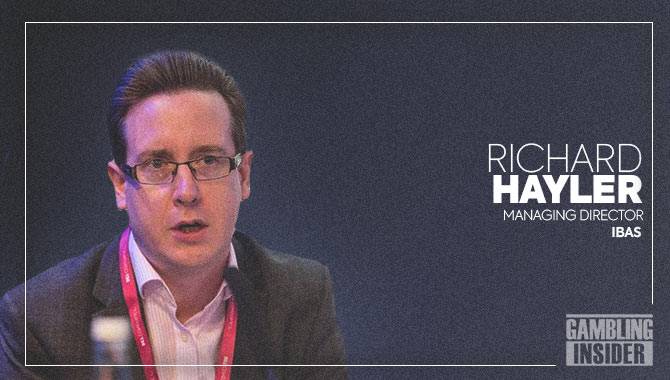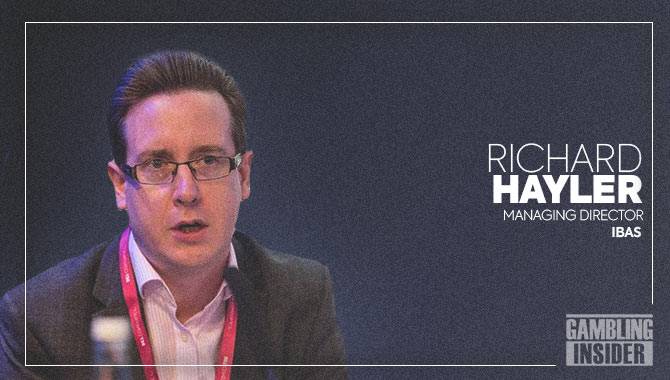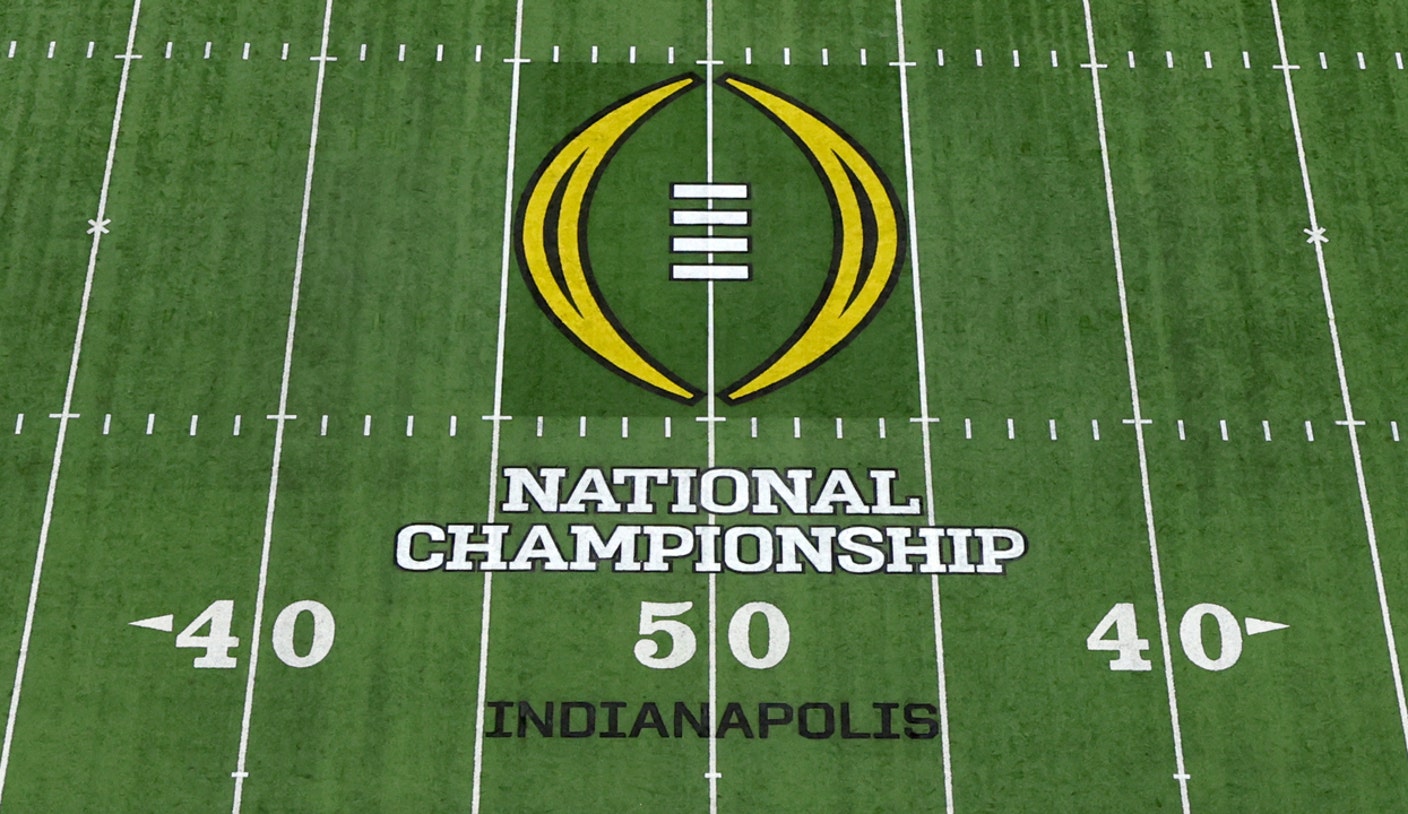
In response to the story, however, Gambling Insider spoke to Managing Director of the Independent Betting Adjudication Service (IBAS), Richard Hayler, about the potential role of a gambling Ombudsman – should one be called for in the UK Government’s upcoming gambling White Paper.
The rest of our Q&A with Hayler will be available in next week’s GI Friday. To read this week’s GI Friday, click here.
Aside from IBAS, do you know of any other bodies bidding for this potential opportunity?
There are other services out there working in gambling dispute resolution; eight of these services are Government approved. There are also several other bodies operating outside the UK in international dispute resolution. What you’ll find is that some Ombudsman operators work in, say, the telecommunications sector and the utilities sector. So it’s conceivable that one of those bodies could be involved.
I think the two most likely alternatives to ourselves at IBAS being given the role of Ombudsman would be the Gambling Commission being given extended powers to handle complaints, or more likely, a recommendation that a brand new body is created to be Ombudsman. I assume this body would be set up by the DCMS (Department for Digital, Culture, Media & Sport), designed by civil servants and then gradually be populated as it gets off the ground.
Why IBAS for Ombudsman?
Again, I appreciate that anyone reading this would say I’m bound to say this, but IBAS has been dealing in alternative dispute resolutions for 25 years. We were set up voluntarily in 1998, no one told us to get going – it was set up by a group of journalists working for the Sporting Life publication, who identified a need for something like our service. In the time since then, we’ve processed tens of thousands of complaints. Even today, another 20, 30 or 40 different complaints will come into our inbox asking for a formal dispute resolution. Another 100 or so emails will arrive asking for advice about whether or not they have a claim on this point or that point. In a world where so much emphasis is currently given to lived experience, and knowledge of a certain field, I do think IBAS has an unrivalled understanding of what people who gamble complain about, why they complain and how they feel when they do complain.
To create a brand new body with people who don’t have that experience, who will replicate part of what we already do, and maybe expand the Ombudsman service to look at other areas like responsible gambling, just seems like a waste of talent and experience we already have. Whatever is needed, my view throughout has been that IBAS, or at least its employees and adjudication panel members, should be part of what’s built as the new Ombudsman. It doesn’t make any sense to throw existing knowledge and expertise away. If there’s a need to expand on the Ombudsman service, either to take our experience and slot it into a wider body, or build wider expertise around what we have here at IBAS, where we already have a working disputes database. We also have a working disputes process, we have data protection policies, we have privacy policies, all the things you’d need for the development of a new organisation are already there. It would just have to be adapted to what the Government wants from its Ombudsman. We have all the people, whose experience and expertise will be really valuable.
Are there any criticisms aimed at IBAS taking the position?
The big issue is what we don’t look at. The main criticism we have at IBAS is that we don’t take on complaints from people who say they’ve been allowed to gamble unaffordable sums of money, or say they’ve been treated irresponsibly. The reason we don’t look at those complaints is because there’s a code of conduct that we work to – which is actually issued by the Gambling Commission. This code of conduct tells us to refer these kinds of complaints to the Gambling Commission itself. Again, taking complaints in these areas is not for a lack of interest or willingness on our part; we’re keen and willing on our end to expand into this and work on the practical steps for how this might look.
What do you want to see happen now?
Overall, everything we wanted to say is written in the paper [which we released earlier this week]. It’s not designed to be a blueprint of what a future Ombudsman should look like, it’s just designed to create some ideas and spark some conversation. Above all else, that’s what we’d like to see happen now. We’d like to see the industry and the Gambling Commission open to progressing the conversation about how an Ombudsman might work. We’d like to see the conversation involve consumer groups and MPs – to widen the scope of the conversation; so that we can work towards something everyone broadly agrees is a practical, workable solution, which will deliver the things everyone accepts are needed.



